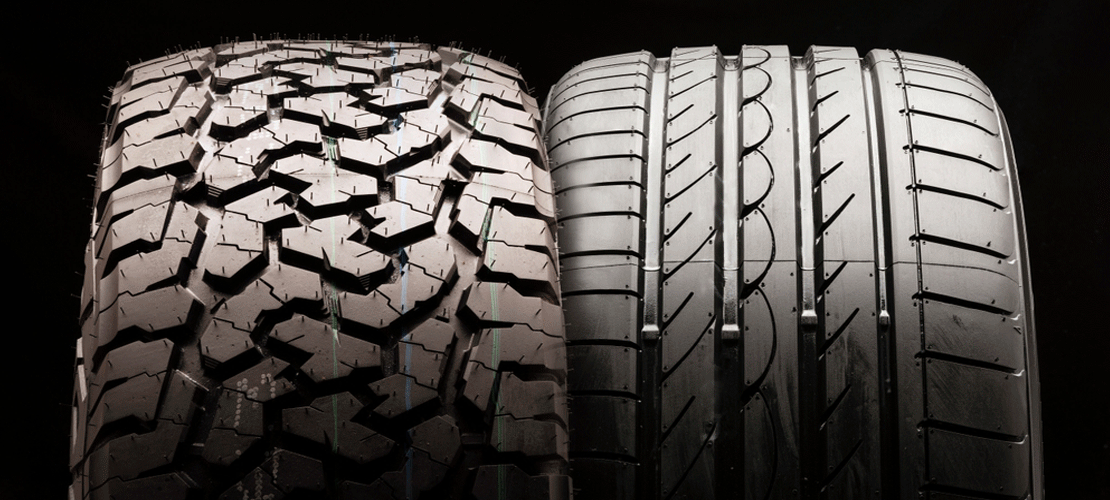- 9 Jul 2024
The Benefits of Seasonal Tyre Changes: Winter vs. Summer Tyres

Switching between winter and summer tyres might seem like a hassle, but it’s one of the best things you can do for your vehicle’s performance and safety. Depending on where you live, seasonal tyre changes can make a big difference in how your car handles different weather conditions, ensuring you stay safe on the road year-round. Here’s why making the switch between winter and summer tyres is a smart move.
Why Summer Tyres Are Essential
Summer tyres are designed to perform best in warmer weather. Their rubber compounds are optimised for temperatures above 7°C, providing better grip and handling on both dry and wet roads. The tread patterns on summer tyres are also designed to channel water away efficiently, reducing the risk of hydroplaning during summer storms. With these tyres, you’ll enjoy better fuel efficiency, as they create less rolling resistance on warm pavement.
The Importance of Winter Tyres
When temperatures drop below 7°C, summer tyres start to lose their effectiveness. This is where winter tyres come in. Winter tyres are made from a softer rubber compound that stays flexible in cold temperatures, allowing them to maintain better grip on icy or snowy roads. Their deeper treads and unique patterns help to dig into snow and ice, giving you the traction you need to drive safely in winter conditions.
Safety First: Improved Handling and Braking
One of the biggest benefits of switching between winter and summer tyres is improved safety. Summer tyres can become hard and lose grip in cold weather, increasing the risk of skidding or sliding. Conversely, winter tyres in warm weather can wear out faster and reduce your car’s responsiveness. By using the right tyres for the season, you ensure optimal handling and braking, keeping you and your passengers safe.
Save Money in the Long Run
While buying two sets of tyres might seem like an extra expense, it can actually save you money over time. Using the right tyres for the season reduces wear and tear, meaning your tyres will last longer. Plus, you’ll avoid potential accidents caused by poor tyre performance, saving on costly repairs or insurance claims.
Seasonal tyre changes are more than just a recommendation—they’re a key part of vehicle maintenance that can enhance safety, performance, and cost-effectiveness. By switching to summer tyres in the warmer months and winter tyres when it gets cold, you’re investing in a smoother, safer driving experience all year round.

 Google Review
Google Review 




 Google Review
Google Review
 Digitally enhanced by
Digitally enhanced by